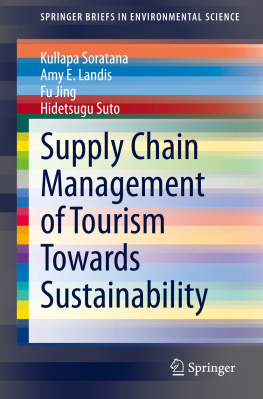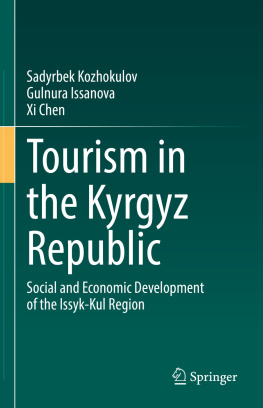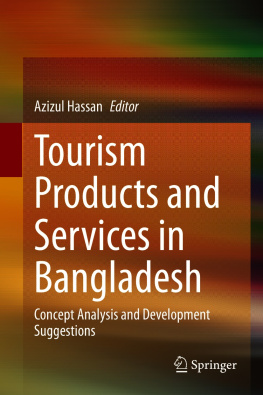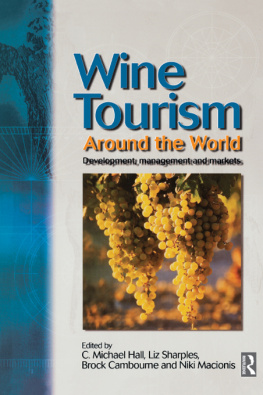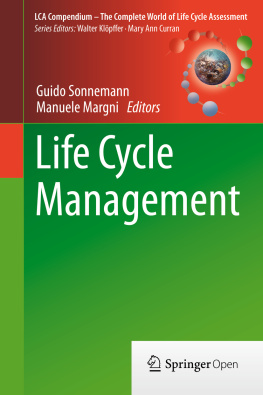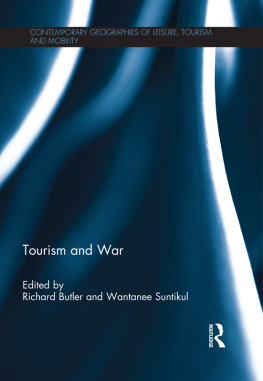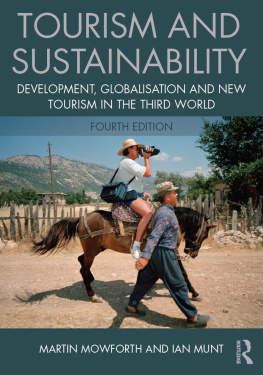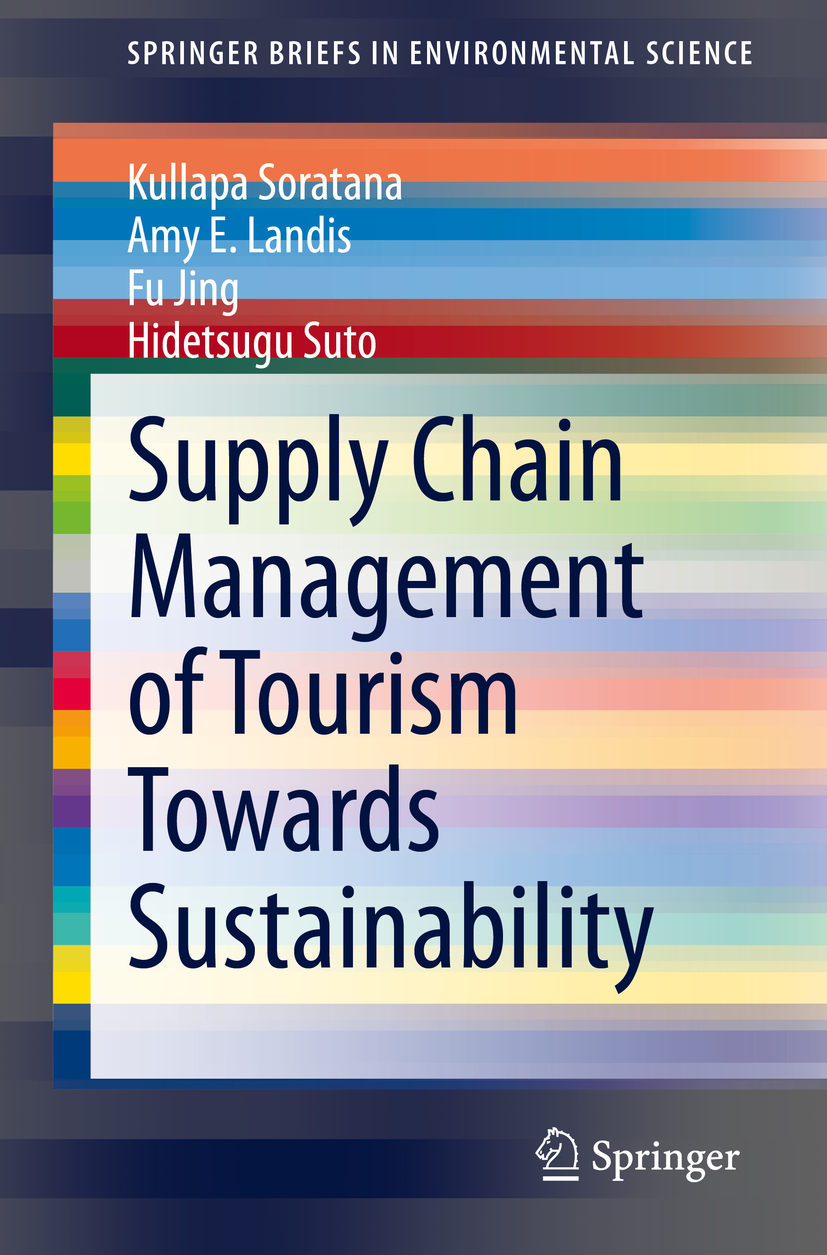SpringerBriefs in Environmental Science
SpringerBriefs in Environmental Science present concise summaries of cutting-edge research and practical applications across a wide spectrum of environmental fields, with fast turnaround time to publication. Featuring compact volumes of 50 to 125 pages, the series covers a range of content from professional to academic. Monographs of new material are considered for the SpringerBriefs in Environmental Science series.
Typical topics might include: a timely report of state-of-the-art analytical techniques, a bridge between new research results, as published in journal articles and a contextual literature review, a snapshot of a hot or emerging topic, an in-depth case study or technical example, a presentation of core concepts that students must understand in order to make independent contributions, best practices or protocols to be followed, a series of short case studies/debates highlighting a specific angle.
SpringerBriefs in Environmental Science allow authors to present their ideas and readers to absorb them with minimal time investment. Both solicited and unsolicited manuscripts are considered for publication.
More information about this series at http://www.springer.com/series/8868
Kullapa Soratana , Amy E. Landis , Fu Jing and Hidetsugu Suto
Supply Chain Management of Tourism Towards Sustainability
1st ed. 2021
Kullapa Soratana
Faculty of Logistics and Digital Supply Chain, Naresuan University, Phitsanulok, Thailand
Amy E. Landis
Colorado School of Mines, Golden, CO, USA
Fu Jing
Chengdu University, Chengdu, China
Hidetsugu Suto
Muroran Institute of Technology, Muroran, Japan
ISSN 2191-5547 e-ISSN 2191-5555
SpringerBriefs in Environmental Science
ISBN 978-3-030-58224-1 e-ISBN 978-3-030-58225-8
https://doi.org/10.1007/978-3-030-58225-8
The Author(s) 2021
This work is subject to copyright. All rights are reserved by the Publisher, whether the whole or part of the material is concerned, specifically the rights of translation, reprinting, reuse of illustrations, recitation, broadcasting, reproduction on microfilms or in any other physical way, and transmission or information storage and retrieval, electronic adaptation, computer software, or by similar or dissimilar methodology now known or hereafter developed.
The use of general descriptive names, registered names, trademarks, service marks, etc. in this publication does not imply, even in the absence of a specific statement, that such names are exempt from the relevant protective laws and regulations and therefore free for general use.
The publisher, the authors and the editors are safe to assume that the advice and information in this book are believed to be true and accurate at the date of publication. Neither the publisher nor the authors or the editors give a warranty, expressed or implied, with respect to the material contained herein or for any errors or omissions that may have been made. The publisher remains neutral with regard to jurisdictional claims in published maps and institutional affiliations.
This Springer imprint is published by the registered company Springer Nature Switzerland AG
The registered company address is: Gewerbestrasse 11, 6330 Cham, Switzerland
Preface
Supply Chain Management of Tourism Towards Sustainability is a collection of approaches to drive the supply chain of the tourism industry towards sustainability. The purpose of this book is to offer guidance for students, teachers, researchers, school management, and/or corporations who are interested in applying sustainability into tourism-related activities. Students, teachers, researchers, and/or corporations can adopt the contents and the proposed integrated framework of supply chain management (SCM) and life cycle approaches (LCA) in this book as initiatives to further develop their studies or apply and implement them in practice.
The approaches discussed in this book are SCM, LCA, knowledge supply chain (KSC) model, benefit of inconvenience (BI), media biotope (MB), and the proposed integrated framework of SCM and LCA. Each approach can be adopted to improve tourism activities, tourists experiences, and regional development from a sustainability perspective. LCA (Chap..
This book also discusses tradeoff issues among the three pillars of sustainabilityenvironment, society, and economicfrom implementing sustainable tourism throughout its supply chain and provides good practices on how to keep the three pillars in balance. The issues in the sustainable development of tourism and how each approach can be incorporated in the tourism industry are presented in the five chapters as follows:
Chapter aims at introducing why sustainable development in tourism is in the spotlight and how the problems should be managed. Information on how sustainable development in the tourism sector has become a major global issue is provided. The effects of climate change, one of the key driving forces, are discussed. The approaches, which are SCM and LCA, to ease the unsustainable development situation in the tourism sector are introduced in this chapter.
Chapter consists of four main sections. The first two sections are: an introduction of life cycle approaches to inform the readers on the major benefits of life cycle approaches and steps in conducting LCA. The third section reveals examples of constructing LCA for tourism activities such as accommodation, transportation, restaurants, tour operators, and waste disposal facilities. The section aims to provide guidance on how to conduct an LCA. The fourth section discusses how LCA can be applied to each activity over the entire life cycle of a tourism service, i.e. restaurants.
Chapter is on KSC as an appropriate process to manage knowledge flow in designing an effective ICT-empowered tourism knowledge supply chain. KSC is an integration of knowledge management and supply chain management. KSC is an important process in integrating educational provisions with government and industry needs through preparing visions, minds, and skills to support regional development, which is sustainability. The tourism sector can adopt and use KSC as a platform for knowledge provision and as a domain for knowledge sharing.
Chapter discusses the design criteria of BI and communication model of MB. Both BI and MB potentially promote the social sustainability aspect of tourism. BI can be used to design tourism activities that enhance creativity and raise awareness on social sustainability. For example, some tourists prefer creating local crafts despite they can purchase similar products from souvenir shops. MB system is referred to a structure of communication media patterns in communities. The BI of MB, created by MB mediums or biotope-oriented mediums, can be used to maintain the originality and sustainability of the communities or tourist destinations.
Chapter proposed an integrated framework of LCA and SCM for tourism. The proposed LCA-SCM framework for tourism is discussed. The opportunities and caveats of LCA and SCM for tourism enterprises, such as accommodation, restaurant, and transportation, are specified.
Kullapa Soratana
Amy E. Landis
Fu Jing

